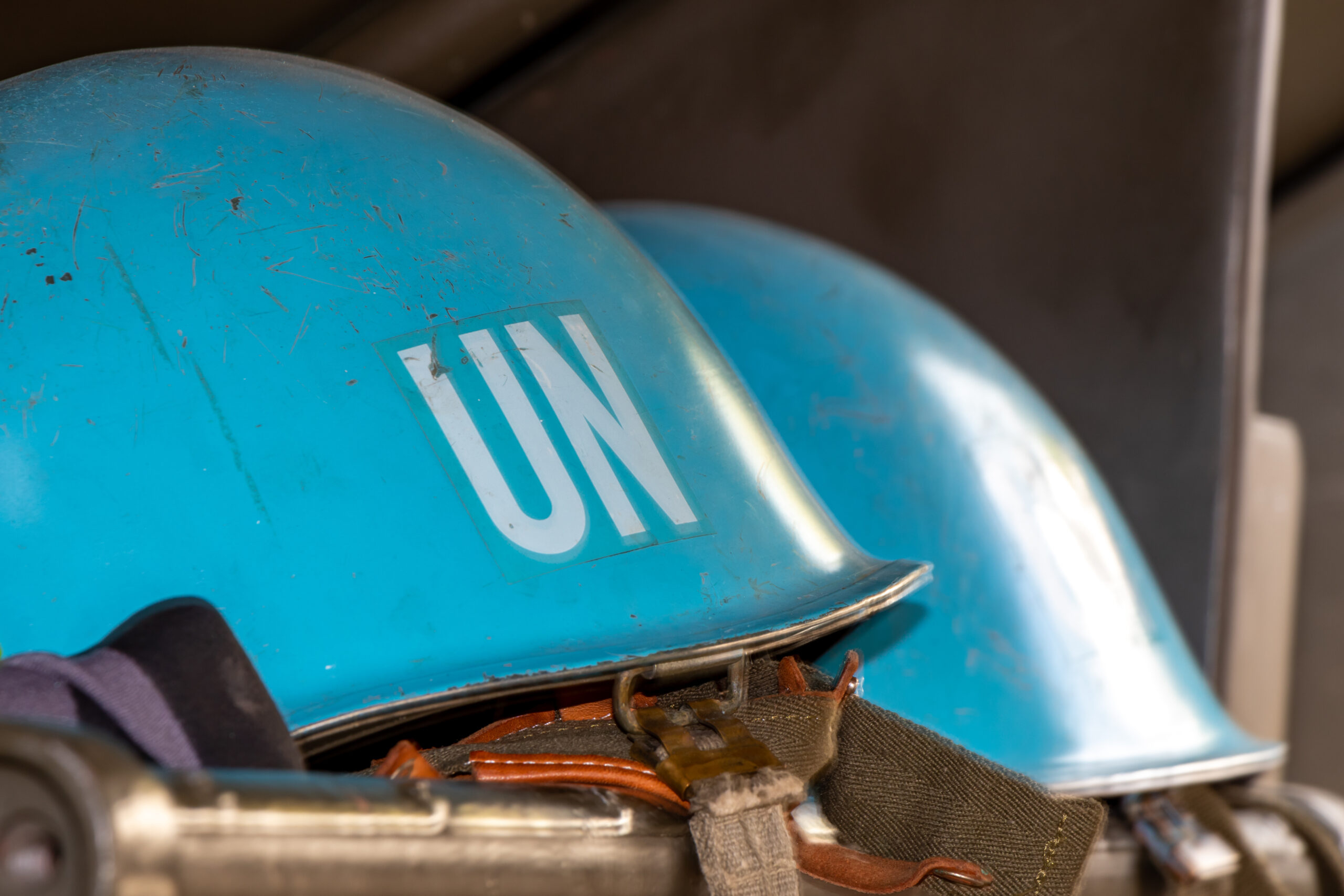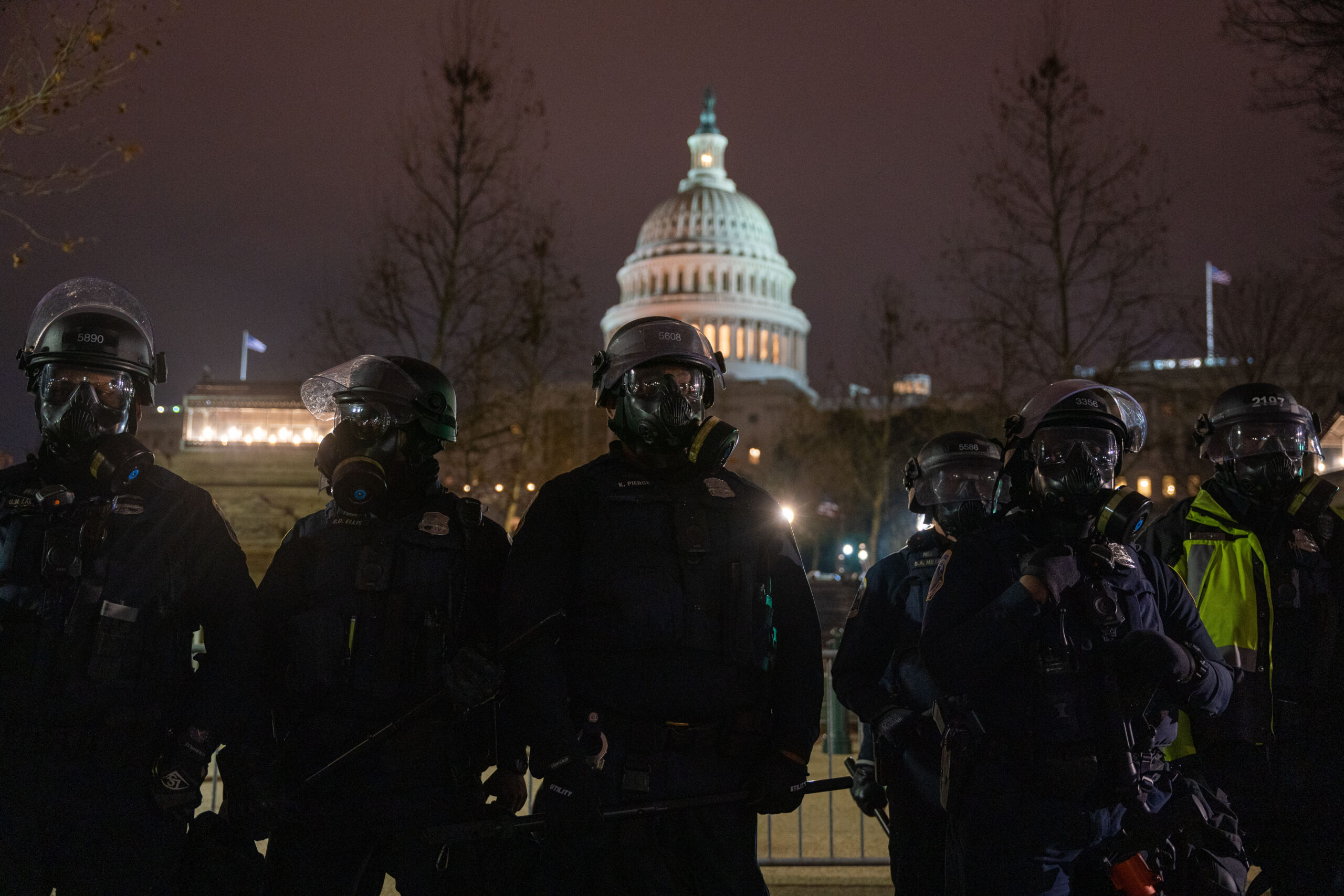The alarming rise of mis and disinformation has put peacekeepers at risk, compromised global health efforts, and led to civil unrest in the U.S. and around the globe. In fact, more than 85% of people worldwide are worried about the impact of online disinformation, with 87% believing it has harmed their country’s politics, according to a recent UNESCO survey. In polling by Pew Research, most Americans say the U.S. government and technology companies should take steps to restrict false information online. Another survey found that 80% of UN staff viewed harmful information as dangerous to them and the communities they serve.
Against this backdrop, on June 24, 2025, the UN issued recommendations for urgent action to curb harmful mis and disinformation. These “Global Principles for Information Integrity” come just a year after a report from the Secretary-General, and offer a framework for coordinated international action to make information spaces safer and more humane, especially in light of the rapid rise of artificial intelligence (AI) technologies.
Co-created through wide-ranging consultations with Member States, the private sector, youth leaders, media, academia and civil society, the Principles are designed to “empower people to demand their rights,” said António Guterres. “At a time when billions of people are exposed to false narratives, distortions and lies, these principles lay out a clear path forward, firmly rooted in human rights, including the rights to freedom of expression and opinion.”
The UN chief added an appeal to governments and the tech industry to bolster their own safeguards against the proliferation of disinformation, as well as create safer spaces that “champion human rights, peaceful societies and a sustainable future.”
Recommendations within the Principles include the following actions.
- Refraining from using, supporting or amplifying disinformation and hate speech for any purpose.
- Providing timely access to information
- Guaranteeing a free, viable, independent and plural media landscape
- Ensuring strong protections for journalists, researchers and civil society
- Ensuring safety and privacy by design in all products, alongside consistent application of policies and resources across countries and languages
- Elevating crisis response and measures to support information integrity around elections
- Designing, deploying and using AI applications safely, securely, responsibly and ethically
- Providing meaningful transparency and allowing researchers and academics access to data while respecting user privacy
Read more below about how the U.S. is partnering with the UN and civil society to fight the fake.






